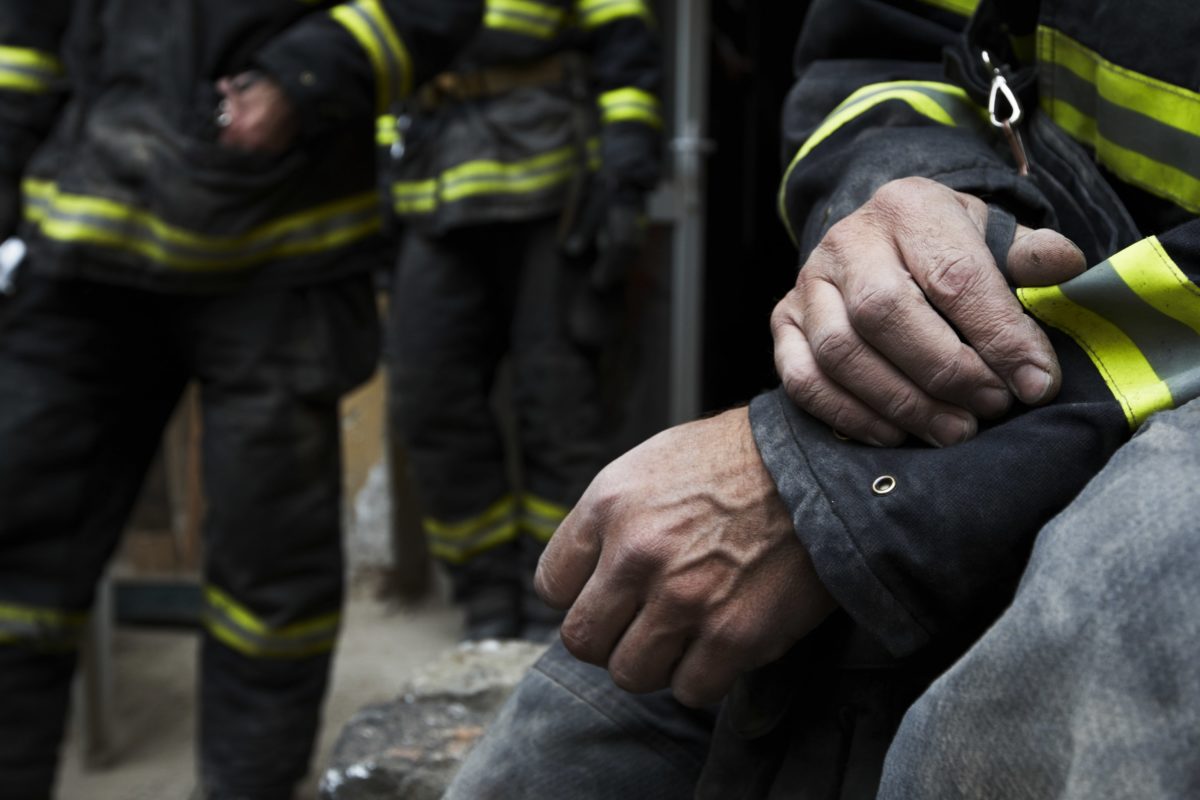
The emphasis is normally put on the physical demands of a job like firefighting, but what about the mental aspects? Mental health is a very serious issue, and it is one that arises often within psychologically demanding fields such as firefighting. The National Fallen Firefighters Foundation has found that depression and suicide is quite prominent within this profession. Addressing these areas will significantly impact the industry and help to improve firefighters’ quality of work and overall mental health.
Peer Support
Many firefighters are involved in incidents that can be truly traumatizing for them. Some on-the-scene occurrences are just too much to bear. Witnessing these incidents on a regular basis takes a big toll on one’s mental state, and having support from peers and management is extremely beneficial. Peer support programs have proven to be successful in helping to let firefighters know that they are not alone with the emotional baggage they carry from what they have encountered on the job. Being able to relate to peers has shown to help take some of the weight off, so it is important to at least have the emotional support available.
Mental Health Screenings
Many departments require multiple written tests, polygraphs, and physical screenings, without monitoring mental health. Behavioral health issues will directly affect job performance by causing attendance problems, interpersonal conflicts, policy violations, and decreases in productivity. Every fire department should always implement mental health screenings for new employees and require ongoing screening periodically. This will benefit the individuals and the departments as a whole. Departments can maintain a strong team, by making sure their firefighters have a healthy mental state.
Making a Change
The first step is to recognize this issue for what it is and begin confronting it. The time is now to recognize and properly engage behavioral health issues, because the problem will only continue if not addressed. Operations must start by asking the question of what fire service leaders should do when a fire fighter’s poor performance is due to something so complex and personal, and begin communicating about this topic. Firefighters have to know that they have people in the industry that will emphasize and are willing to help find a way out of the mental trap. There is a responsibility at hand to be aware of change going on among each other. Preparing professional treatment resources would be helpful at all levels.
About Provident Fire Plus
At Provident Fire Plus, we offer custom tailored packages to best protect firefighters and volunteer firefighters. We understand the risks that emergency response teams are subjected to on a daily basis, and have worked to serve these dedicated professionals for over 87 years. For more information about our products and policies, we invite you to contact our experts today at (855) 201-8880.

